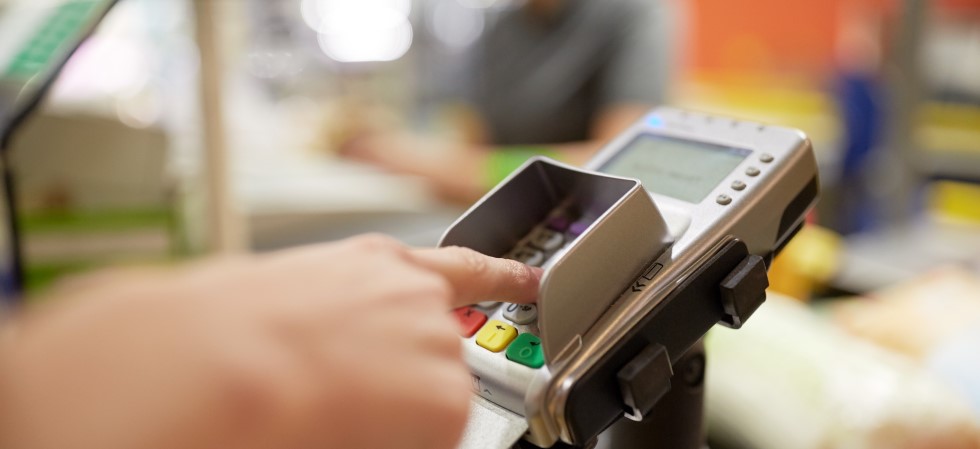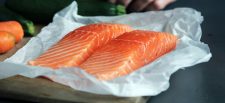Supermarket sales were up by 0.1% over the latest 12 weeks, the first time the market has been in growth since April 2021, whilst grocery price inflation hit the second highest level ever recorded by Kantar.
The latest take-home grocery figures from Kantar show that supermarket bills are rising rapidly, and consumers are now exposed to an additional £454 per year at the tills.
According to Kantar, supply chain issues have driven costs up across the industry and like-for-like grocery price inflation now stands at 9.9% over the past four weeks.
Fraser McKevitt, head of retail and consumer insight at Kantar, explained: “Grocery prices continue to soar to near record-breaking heights and have jumped by another 1.6 percentage points since last month.
“This is the second highest level of grocery inflation that we’ve seen since we started tracking prices in this way in 2008 and we’re likely to surpass the previous high come August.”
Summer spending squeezed
McKevitt warned of the impact of rising inflation on consumer spending on summer favourites. He explained that stocking up for a barbeque will cost consumers between 13-17% more than it would have this time last year.
He said: “Buying enough for a typical family barbecue, shoppers will have to put aside £9.94 rather than the £9.01 they spent last year.”
As prices rise, shoppers are adjusting their behaviour. According to Kantar, supermarkets’ own-brand lines are growing by 4.1% this period, while sales of branded items have fallen by 2.4%.
McKevitt added that the rise in temperatures across the UK was also having a significant impact on buying habits. He explained: “Over the past four weeks, sales of ice cream soared by 14%.”
Total consumer spend across food and non-food items added up to £10.9 million during the hottest week, and Kantar expects to see similar if not even bigger numbers this time around.
Market share breakdown
Lidl was the fastest growing supermarket again this period, with sales up by 13.9%. Aldi was also in double-digit growth, boosting its sales by 11.3% compared with last year.
McKevitt explained that over 67% of people in Britain shopped in either an Aldi or a Lidl in the past 12 weeks, with 1.4 million additional households visiting at least one of the discounters in the latest three months compared with last year.
He said: “Both retailers reached a new market share high over the past three months. Lidl now holds 7% of the market while Aldi climbed to a 9.1% share.”
According to the figures, Tesco returned to growth this period for the first time since October. The retailer boosted its sales by 0.1% and retained a market share of 27.1%. Ocado was the only other retailer in growth, holding its market share steady at 1.8% while its sales were up 0.7%.









